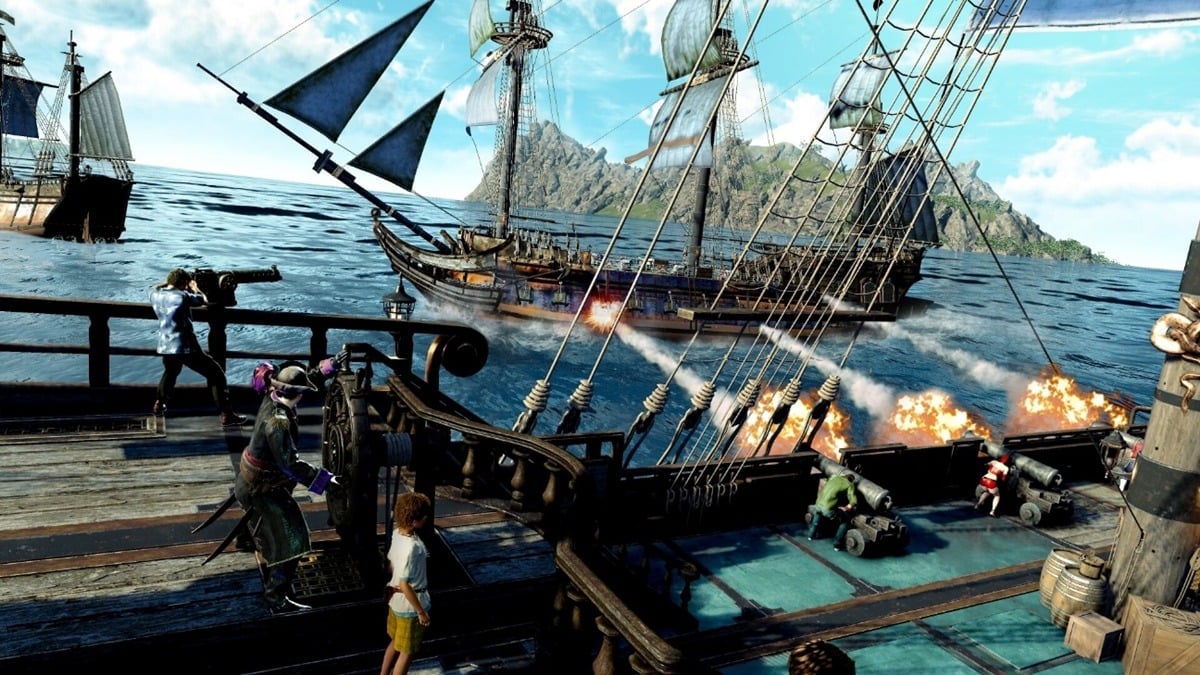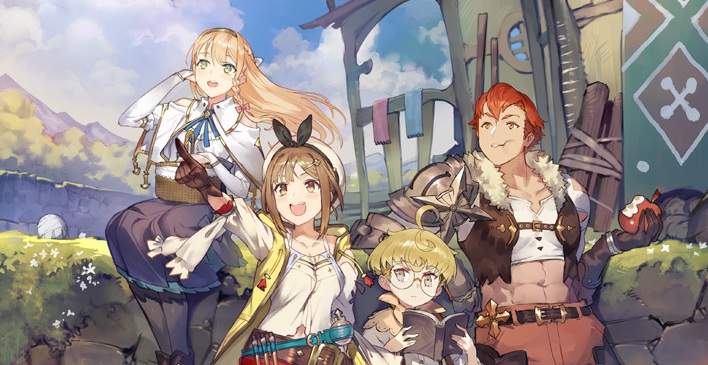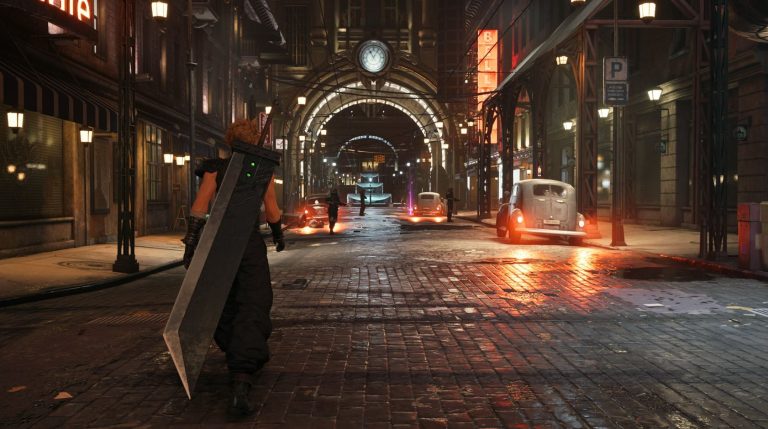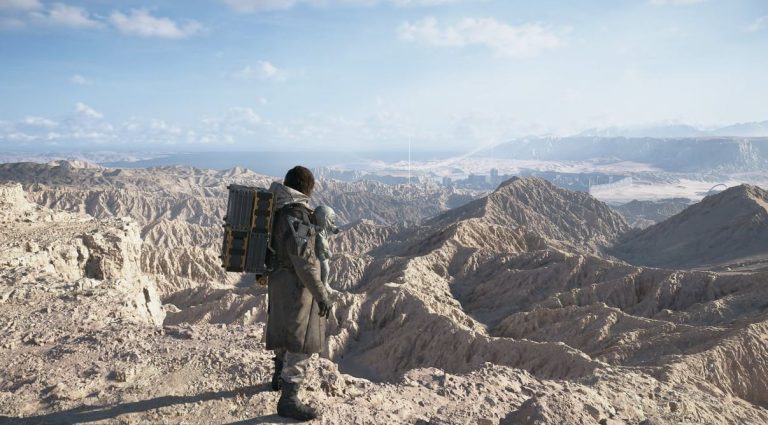SEGA released Like a Dragon: Pirate Yakuza in Hawaii on February 21 for the PC (Steam), PS4/PS5 and Xbox One/Xbox Series X|S. The outlandish Majima-centered spin-off has received particular attention for its full-on naval combat – something the franchise has never seen before. But how did RGG Studio hit the mark with their ship battles despite having no experience in the genre and only a year to develop the game? We recently caught up with Ryosuke Horii, Pirate Yakuza in Hawaii’s chief director and producer, to find out.
“It was as if a construction company suddenly decided to build a ship,” Horii comments on the team’s lack of know-how when it came to designing Pirate Yakuza in Hawaii’s sea and naval mechanics. None of RGG Studio’s tried and true methods were applicable to these new aspects of the game, so the team’s approach was one big cycle of trying things out, seeing if they work and patching up problems that inevitably cropped up. “We’re very used to making concrete jungles, but we can’t say the same for natural environments,” Horii jokes.
However, while you’d expect the developers to study up on other major titles in the same genre to make up for the lack of experience, Horii says he avoided reaching for titles like Assassin’s Creed III, IV, Sea of Thieves, or Skull and Bones for inspiration. In fact, he even made sure not to play any games with a similar direction to Pirate Yakuza in Hawaii before starting work on the project. This is Horii’s personal policy as a director, rather than something enforced by the studio.
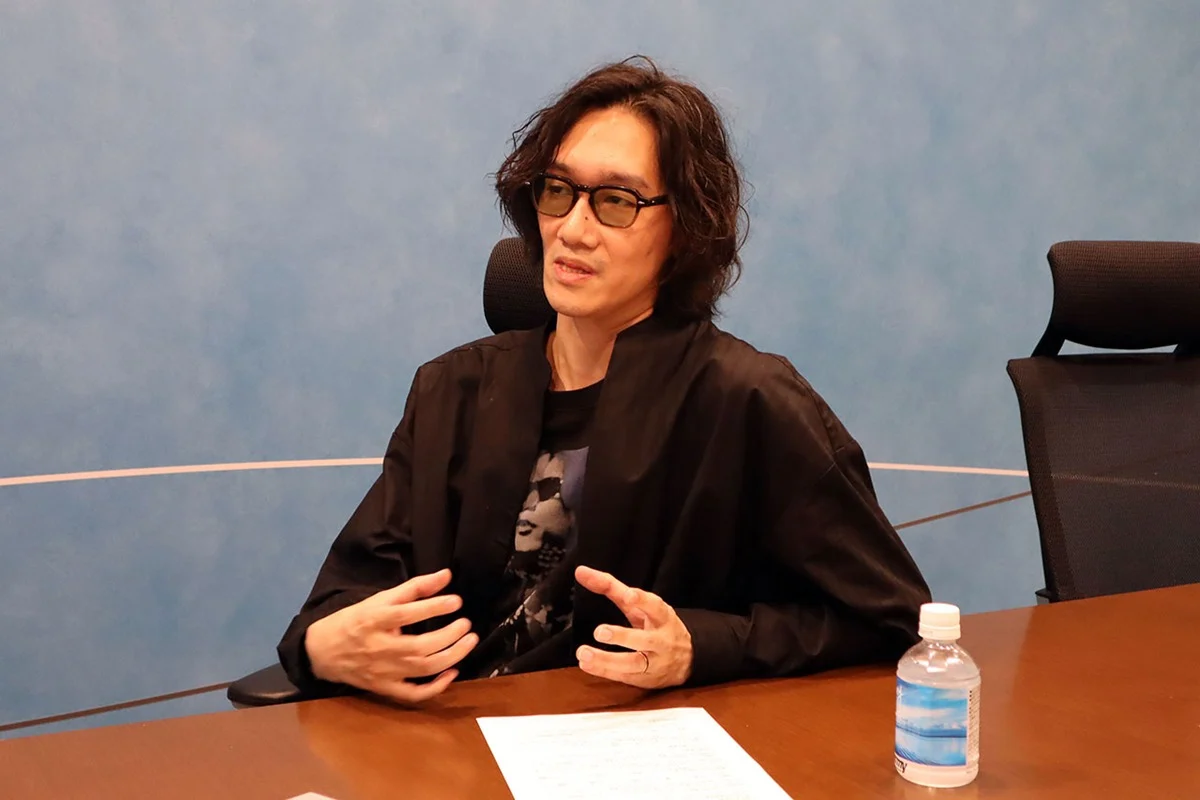
“I think it’s fine for other members of the team to play [other games with similar themes] and use them as inspiration, but as the person making the final decisions, if I were to get used to how naval combat works in other games, my sense of what feels right for Yakuza players – who might have never played those types of games before – could get distorted.” Horii believes that if he plays a game similar to a project he’s supposed to work on in the near future, he will inevitably end up imitating it on an unconscious level, but he doesn’t want this to happen. As a solution, he intentionally blocks out information that could influence him, aiming to maintain the same perspective as Yakuza’s playerbase.
“We set our goals very clearly, so while we may struggle with how to get there, we rarely lose sight of our direction. For Pirate Yakuza in Hawaii, our top priority was making a naval combat game that even our players could enjoy. That’s why I focused on directing a game that strikes a balance between the uniqueness and realism that is typical of the franchise. So, rather than worrying about what other naval-themed games did, I tried to think of something uniquely Yakuza-like that would satisfy these requirements. It was really like: ‘Well, I’m not sure how this will go, but let’s start by putting a ship on the water and see what happens.’ That’s where the game design began (laughs).”
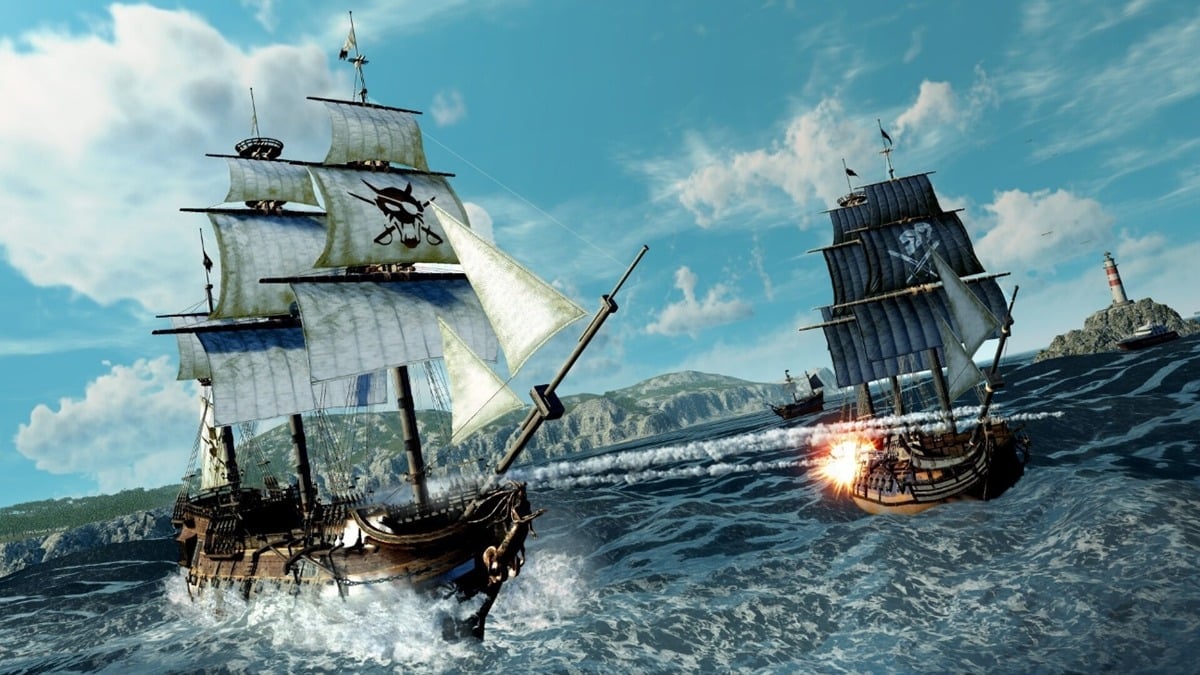
And this is not just the case for Pirate Yakuza in Hawaii’s naval combat – RGG Studio does not, in principle, structure its game design around references or benchmarks from other games. Horii cites the example of the Crazy Delivery minigame, which does pay homage to Crazy Taxi with its wild vibes, but revolves around completely different rules and gameplay mechanics.
What then, is RGG Studio’s point of reference when designing gameplay? According to Horii, everything is created from scratch based on two criteria: it has to feel like Yakuza, and it has to be playable by Yakuza fans. “If we start from imitation, it becomes much harder to incorporate our own flair. It’s healthier, and often much quicker, to just start from scratch and think about how to make it ours from the get-go.” The business management minigame in Yakuza: Like a Dragon Gaiden is another example of this. Although it may share similarities with simulator games already out there, its uniquely Yakuza mechanics, like shareholder battles and Level-3 apologies, were designed based on the principles Horii describes.
Like a Dragon: Pirate Yakuza in Hawaii is out now for the PC (Steam), PS4/PS5, and Xbox One/Xbox Series X|S.
Related articles: Like a Dragon: Pirate Yakuza in Hawaii may blur the lines of reality with its wackiness, but not without a serious, manly tale to keep it grounded, devs say

